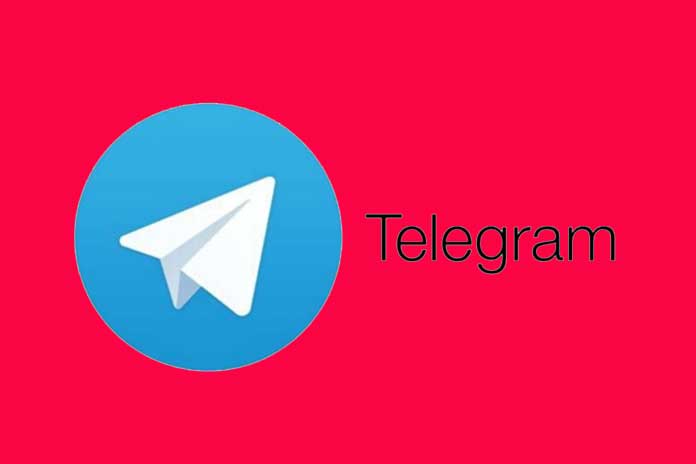What Is Telegram?

Would you like to find out more about the Messenger Telegram? We’ll show you what you need to know.
Telegram is a free messenger app that you can use to send direct messages to friends and acquaintances. These messages can be plain text messages, but they can also be media such as pictures, videos, and other files. Registration takes place via your telephone number.
What is Telegram, and what can it do?
Telegram can be used as a smartphone app on iOS and Android and in the browser or as a program on the home computer. We’ll show you more about using Telegram on your PC in this article. The created charts are available on all devices via a cloud. As you are probably used to from other messengers, you can also create groups in Telegram. In addition to sending files and text messages, you can also use audio telephony in your chats. In addition to the usual emojis, stickers are also available.
An exception to the “open chats” are “secret chats”. These are end-to-end encrypted and can only be used on the specific device on which the chat was started. We’ll show you more about setting up secret chats in Telegram here. You can also set up an auto-destroy timer for these messages. However, group conversations do not offer the possibility of an encrypted chat.
Although all Telegram messages (except for secret chats) are stored on servers, they are deleted after a while. The app also gives you the option of deleting messages from a chat yourself. These are then deleted from your device and all other devices – including the recipient of this message.
Telegram would also like to campaign for data protection. The operators state that they have never passed on data to a government. However, it becomes problematic when it comes to the data protection declaration or GDPR conformity: Telegram’s data protection declaration is only available in English. It informs you that the IP address and the username of the user will be saved. Information about the app version and the device on which Telegram is used are also readout.
These data should only be stored for 12 months. It is unclear how the operators of Telegram proceed with location data or whether open chats are evaluated. There is a ray of hope: Since an update in 2018, your smartphone’s address book is no longer automatically read by Telegram. It is possible to allow the app to access the contacts manually, but this has to be confirmed manually.
Also Read: WhatsApp Data Protection
